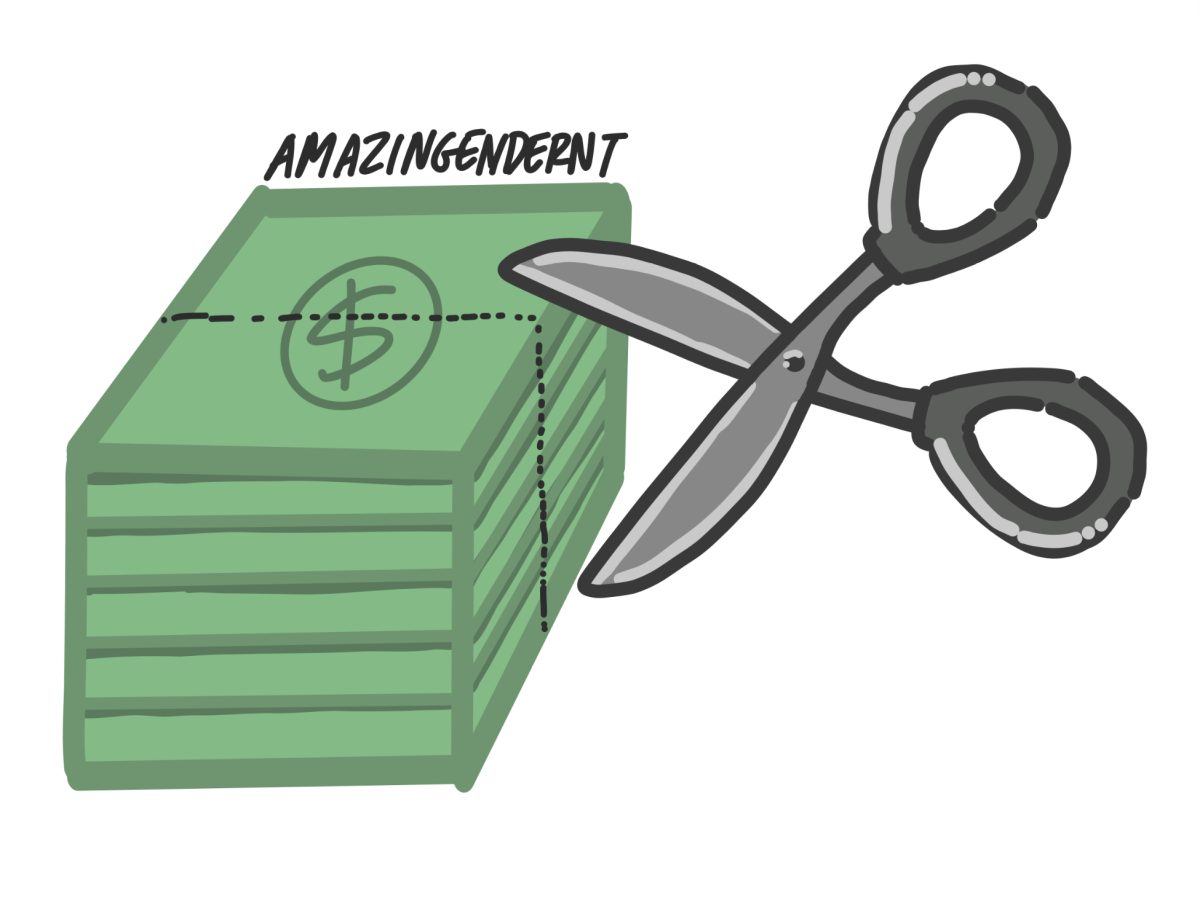The United States is heralded as the world’s most dominant economic power, yet a harsh reality lies beneath this reputation. According to a GOBankingRates survey, over 70% of Americans live paycheck-to-paycheck at least occasionally, while nearly 50% do so all the time. This glaring contradiction — a nation of immense wealth where millions barely scrape by — exposes the myth of economic equality.
New York City Mayor Eric Adams recently unveiled a new initiative called “Axe the Tax for the Working Class,” which aims to reduce or eliminate the city’s personal income tax for low-income families. On paper, it’s a step in the right direction for struggling New Yorkers.
But two months ago, Adams faced allegations of accepting illegal campaign contributions and luxury perks from Turkish nationals. This raises the question: is this initiative genuine relief for the working poor, or just political theater to rehabilitate his image?
According to The New York Times, Adams said, “We can’t bring down the price of bread, but we can give you some bread to pay for the bills.”
While this might sound compassionate, it’s an admission of governmental failure. Inflation is eroding purchasing power and Adams is offering crumbs instead of solutions. If the price of bread keeps rising, simply handing people “bread” to buy more isn’t a fix.
The issue isn’t just about income taxes; it’s also about the skyrocketing cost of living. A small tax cut for low-income families is a band-aid on a gaping wound.
Take Adams’ proposal: it applies to families earning up to 150% of the federal poverty level, or $31,503 annually for one adult with a child. Assuming a 4% NYC tax rate, these low-income workers are left with $30,291. That’s $2,524 per month to cover rent, transportation, food, and other necessities.
In a city where a one-bedroom apartment averages $2,000 a month, how far does this really go? After rent, a single parent with one child would be left with merely $524 — barely enough for utilities, transit and groceries. This isn’t relief; it’s an insult.
Adams’ plan ignores the roots of the problem: unaffordable housing, stagnant wages and rising inflation. What good is adding a few dollars to someone’s paycheck if rent and food prices outpace those gains? New Yorkers don’t need token gestures — they need transformative policies. A higher minimum wage, tied to inflation, would give workers the purchasing power they deserve. Mayor Adams’ initiative, while headline-worthy, is far from the change New Yorkers truly need.
The U.S. has always prioritized short-term fixes over long-term solutions. This myopic approach is particularly dangerous for low-income families, who have higher birth rates. If systemic issues aren’t addressed today, the nation risks a future where the majority struggles to survive. A society built on inequality cannot sustain itself indefinitely.







